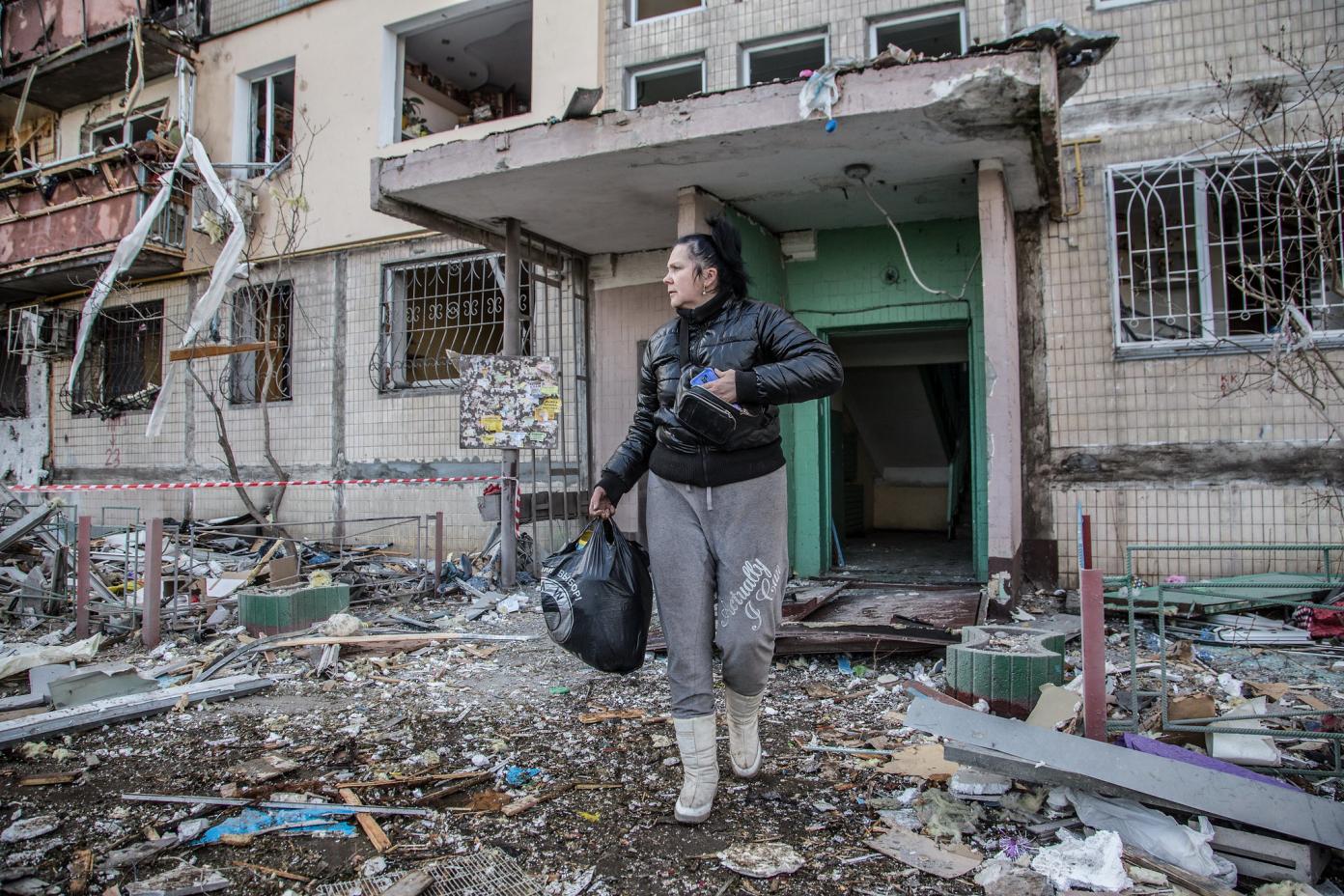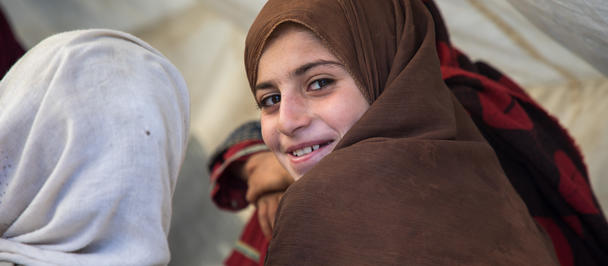The world is facing increasingly turbulent times but investments in development are showing us a route out of the crisis cycle
June 9, 2023

From conflict to climate change, investing in development and and strengthening multilateralism can help to break the cycle of crises and prepare for future challenges.
Crises are all around us. The biggest cost-of-living crisis this generation has ever seen is bearing down on us, fuelled by the war in Ukraine. Global economies are badly shaken, pounded by the ongoing ramifications of COVID-19. And floods, droughts, conflicts and famines are occurring at an unprecedented rate, spurred on by the impacts of climate change. As the international community scrambles to send food, medicines and other life-saving aid, the question of how to break this cycle can increasingly get lost in the chaos.
But the partnership between the Government of the Republic of Korea and UNDP is a strong example of how addressing the root causes of crisis can help to break the cycle and ensure no one is left behind.
Consider Ukraine, where over 12 months of war has resulted in unspeakable suffering and devastation. With regular blackouts and power cuts leaving whole communities without heat, light or water, UNDP – with support from the Republic of Korea – is working to secure over 1,000 generators and other mobile energy items to help keep the power working in vital public buildings, including schools, hospitals, fire stations and police stations.
Support is also being provided to strengthen social care provision. There are more than 2.7 million persons with disabilities in Ukraine, and as the war drags on, this number has been growing every day. To respond to this escalating crisis, UNDP has launched a programme supporting the government to uphold the rights of persons with disabilities while also providing equipment and training in rehabilitation centres. Supporting integration of persons with disabilities into the workplace is also a priority, and UNDP is working with local NGOs to facilitate training opportunities and ensure job placements and onboarding facilities.
With support from the Republic of Korea, UNDP has rehabilitated over 35,000 houses in ISIL-affected areas of Iraq, allowing families to return home.
Iraq is another powerful example. With support provided by the Republic of Korea, rebuilding of houses across ISIL-affected areas in Iraq picked up pace. In total, UNDP has rehabilitated over 35,000 houses, allowing families to return home safely and with dignity. Years of instability and conflict have meant people had exhausted their savings and created more debt, and so financial support to help boost the household income of over 75,000 people has also been provided. To ensure a bridge between short-term employment and longer-term resilience building, livelihood opportunities are being promoted along with support to local governments. These investments in people’s futures have meant that families have been able to resettle in their communities, and that societies can once again flourish.
Despite the horrors of conflict, disasters and economic turmoil, what we constantly hear through our work is that people want to stay in their home country wherever it is possible. Supporting this aim means injecting support into long-term resilience building projects and funding initiatives which can kick-start livelihoods and local economies.
UNDP’s long-standing partnership with the Republic of Korea is driving this agenda with an emphasis on defending and promoting freedom, human rights and universal values. Together we are helping to expand people’s choices for a fairer, sustainable future, as envisioned by the 2030 Agenda for Sustainable Development. Because in our crisis-torn world, investing in long-term development and strengthening multilateralism and development cooperation is not only how we can break today’s crisis cycle; it’s also how we can ensure we are prepared for whatever lies ahead.

 Locations
Locations





